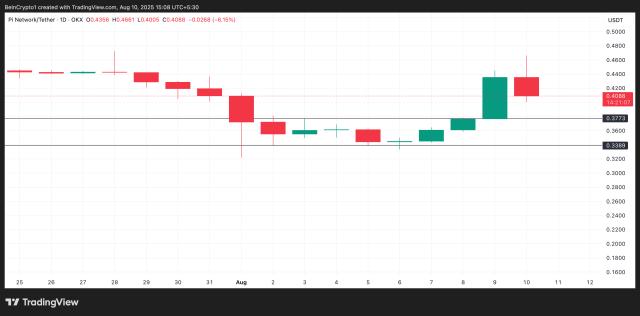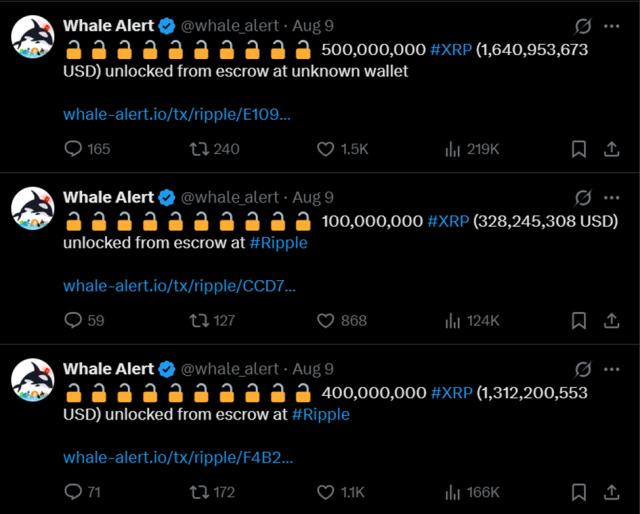Ripple is facing strong opposition when applying for a federal banking license in the United States.
This aims to help Ripple integrate cryptocurrency into the traditional financial system through services such as stablecoin issuance, digital asset custody, and access to the US payment system.
- Ripple is applying for a national banking license to expand cryptocurrency-related services.
- 42 major US banks are opposing due to concerns about unclear regulations and limited public feedback time.
- There is a trend to promote banking licenses for cryptocurrency companies to facilitate nationwide legal operations.
Why are banking giants opposing Ripple?
Ripple is facing resistance from many top US banking institutions, notably the Bank Policy Institute (BPI) representing 42 major banks like JPMorgan, Citigroup, Goldman Sachs, and Bank of America.
BPI opposes because they believe cryptocurrency regulations are vague and the 2.5-week public comment period is insufficient to fully evaluate Ripple's proposal. This reflects concerns about blockchain companies accessing the strictly regulated traditional financial space.
Ripple introduced XRP to support cross-border payments with over 300 partners, but relations between major banks and blockchain startups remain tense due to differences in operations and regulations.
Major banks are concerned about risks and transparency in applying new technologies to the traditional financial system.
BPI – Representing 42 major US banks, 2025
How are transparency and risk issues analyzed?
Not just this time, previous top banking groups, including the American Banking Association, have also called on the OCC to delay licensing for cryptocurrency companies like Ripple, Circle, and Fidelity.
In their letter to the OCC, they emphasized the lack of transparency in the application and uncertainty about how these companies meet trust bank standards. This could reduce confidence and increase risks to the national financial system.
Banks argue that the limited public comment time would be insufficient to test potential risks, negatively affecting overall stability.
What is the market trend for banking licenses for cryptocurrency companies?
Despite opposition, experts and new laws like the GENIUS Act are creating strong momentum for issuing banking licenses to cryptocurrency companies, helping them operate nationwide without needing individual state permits.
The latest White House report also calls for clear regulations to allow cryptocurrency entities to access Fed accounts, develop custody services, asset encryption, and stablecoin issuance more smoothly. This promises to open a new era for digital finance.
Even in the face of opposition, Ripple continues to pioneer digital payment and stablecoin innovation thanks to a clearer regulatory wave.
Financial Analyst – White House Report, 2025
Frequently Asked Questions
What is Ripple seeking a banking license for?
Ripple wants to become a federally licensed bank to issue stablecoins, custody digital assets, and access the US payment system with a Fed account.
Why are many major banks opposing Ripple's license application?
They are concerned about unclear cryptocurrency regulations, lack of transparency in the application, and short community feedback time that increases risks to the financial system.
What are the benefits of a federal banking license for cryptocurrency companies?
This license helps them operate legally nationwide, reduces the need for state-by-state permits, and creates trust with customers and partners.
How does the GENIUS Act impact the cryptocurrency banking sector?
The law establishes clear regulations for stablecoins, facilitating cryptocurrency companies' banking license applications and new service development.
What is the future of cooperation between traditional banks and cryptocurrencies?
Despite ongoing debates, the trend of expanding licenses for fintech and cryptocurrencies is gradually increasing, promising positive changes in the financial sector.







